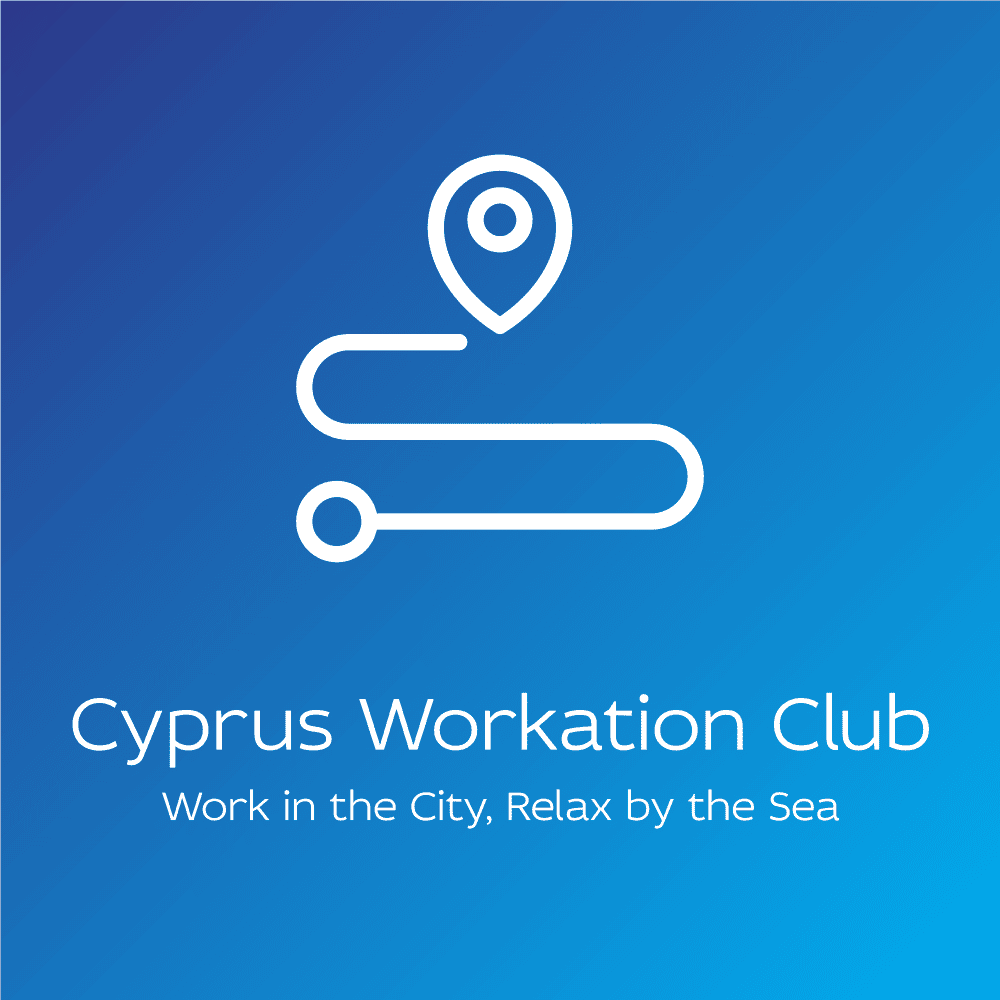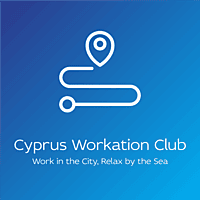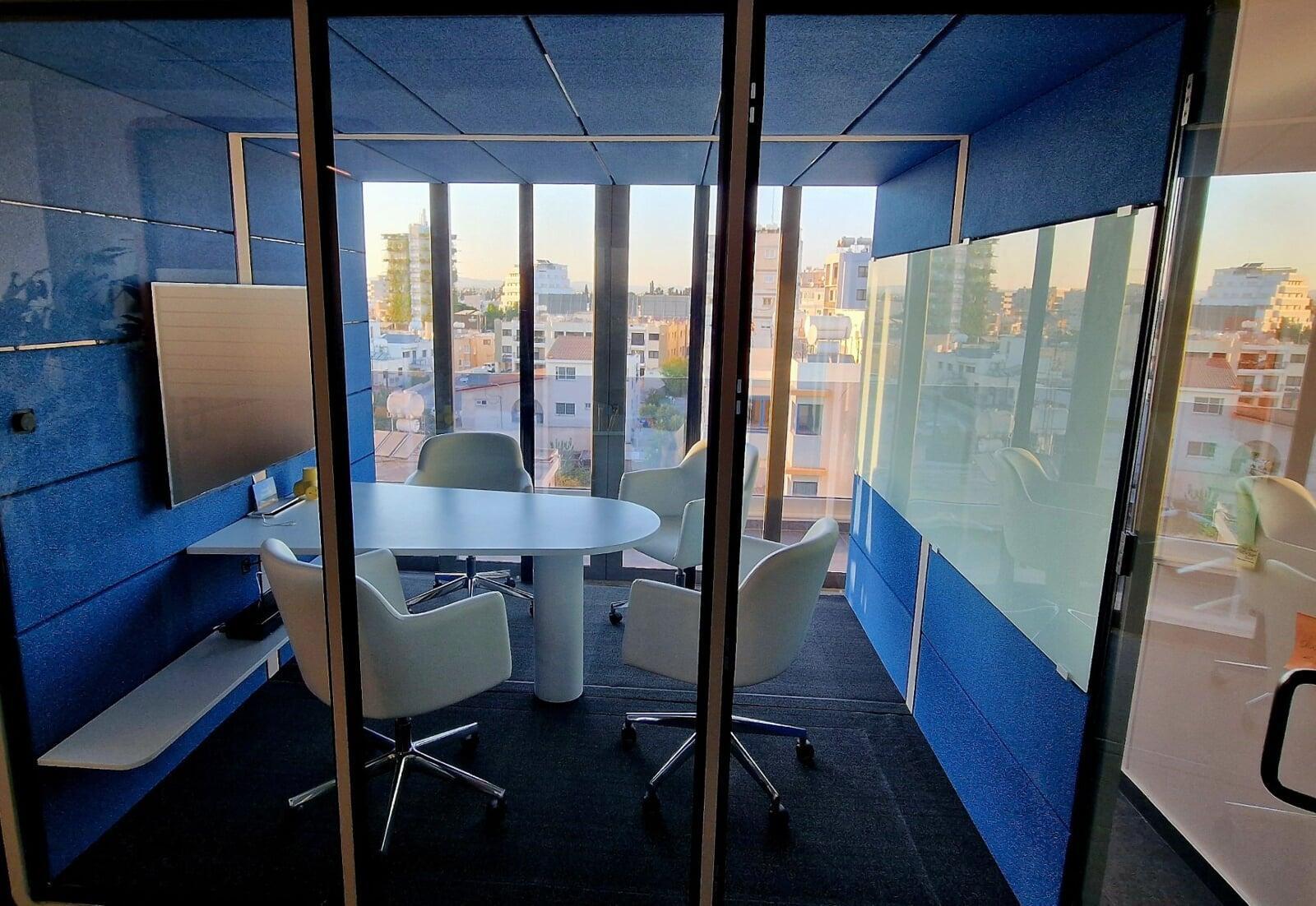Why winter’s gloom and summer’s sun change how we work – and what to do about it.
Quick Hits
Weather influences mood, focus, and energy.
Winter: Less light lowers energy and motivation, sometimes triggering Seasonal Affective Disorder (SAD).
Summer: Sunshine boosts mood and creativity, but distractions increase.
Mindset matters: Those who embrace winter tend to stay happier and more engaged.
Tips: Match your workspace and schedule to the season—warm light and cozy corners in winter, flexible hours and fresh air breaks in summer.
How seasons shape the way we work
Light and energy
Temperature and focus
The winter mental trap
Some people experience Seasonal Affective Disorder (SAD)—a depression linked to lower sunlight exposure. Symptoms include low mood, lack of motivation, and difficulty focusing. But experts like Dr. Kelly Rohan emphasize that mindset makes a difference. Cognitive Behavioral Therapy for SAD, for example, helps people reframe winter as a season of renewal rather than endurance.
And in cultures where winter is seen as a time for coziness and reflection—like in parts of Scandinavia—people report higher well-being even with long, dark winters.
Personality and seasonal swings
Winter and summer affect us differently, depending on personality:
Winter Thrivers (often introverts): The quieter season, fewer social obligations, and cozy indoor environments create the perfect conditions for deep focus and big-picture planning.
Summer Thrivers (often extroverts): Long days, outdoor activities, and frequent events boost energy and creativity. Brainstorming on the go or walking meetings often work best.
Beating seasonal slumps
Tips for winter:
Use bright lighting or light therapy lamps.
Create cozy, warm spaces that make you want to sit down and work.
- Set intentional breaks for movement to counter sluggish energy.
Tips for summer:
Schedule focus work in the morning before distractions pile up.
Take short breaks outdoors to recharge.
- Encourage flexible hours or “summer Fridays” to balance productivity with well-being.
Winter Workations: Turning gloom into focus
Often, winter is framed as a productivity drain—but what if it’s the perfect season for a workation?
Instead of battling winter’s darkness, you can lean into it as a productivity ally. Imagine swapping your cluttered home office for:
A cabin-style coworking lodge with big windows and hot coffee.
A warm southern city that offers more light—but still has cooler, calmer days.
Even a ski town, where mornings are for work, afternoons for slopes, and evenings for reflection.
Final thought
Productivity isn’t just about discipline—it’s about rhythm. Seasons change our energy, focus, and creativity. Instead of fighting the cycles, we can adapt. Winter can power deep, strategic work (or even with a perfect workation), while summer fuels collaboration and energy.
The real productivity hack? Learning to work with the seasons, not against them.



